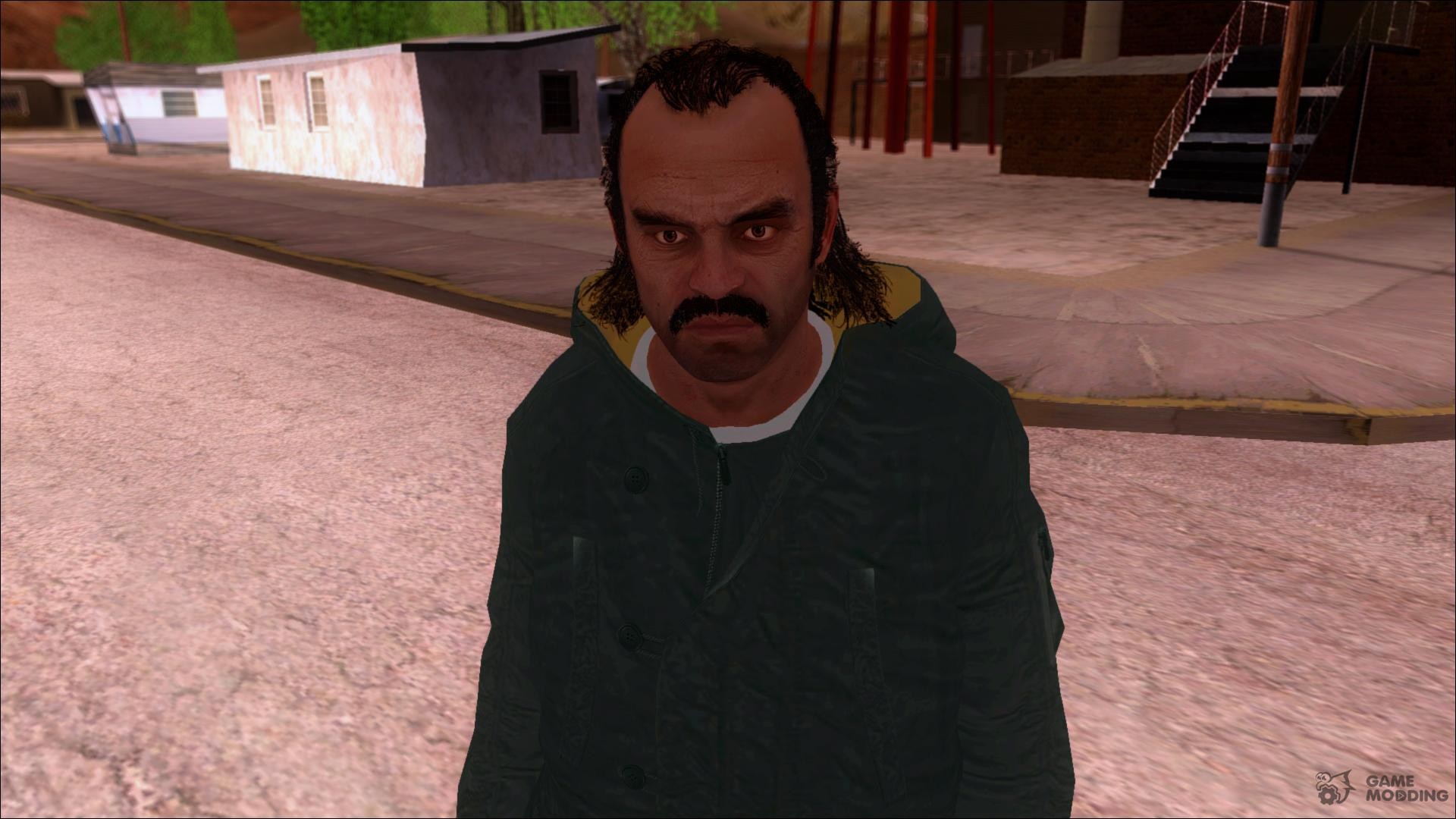

Here I should note that several science journalists I know take exception to this thesis. In Rich’s telling, the efforts of those early believers were blocked not by a greedy fossil fuel industry or a cautious Congress, but by general inertia. Rich’s magazine narrative recounts the efforts of a small group of activists, scientists and politicians who came together in the 1980s to forestall what they saw as a coming disaster: “Nearly everything we understand about global climate change was understood in 1979,” he writes.


Brave earth prologue trevor series#
And last month, Apple announced it had acquired the rights to a TV series based on the piece. “I feel there is a morality in that effort.”Ī book version of “Losing Earth” is expected out next year, published by MCD/Farrar, Straus & Giroux. “I wrote the piece to try to understand this problem more deeply – to try to understand the human story of this period, and the courageous efforts of these folks to advance the issue and change the way the world was structured,” Rich told me when we talked. “Nearly everything we understand about global climate change was understood in 1979.” ~ from “Losing Earth” by Nathaniel Rich And, ultimately, I wanted to know if Rich thinks narrative storytelling can be a catalyst for meaningful action on what I consider the most important issue of our time. I also wanted to know the how behind that why. I wanted to know why author Nathaniel Rich spent 18 months developing a historical perspective. I often cover issues related to climate change (and spend an unhealthy amount of time fretting about it). I am a science journalist with a background in history. So why tell a story about the past rather than explore paths forward? Down to the enlarged font used for page numbers – a typographical form of can you believe we did this? – the story was packaged for maximum impact in every medium.īut to what end? The threat of climate change is a pressing one: Average temperatures rising faster than predicted ash and smoke choking the American West ice melting in the Arctic activists and scientists clamoring for action. 1 online) was devoted to a single piece: “Losing Earth: The Decade We Almost Stopped Climate Change.” A sweeping historical narrative of climate politics from 1979-89, it topped 30,000 words. Editor Jake Silverstein announced on Twitter that the Aug. Before anyone could even unfold the tree pulp, The New York Times Magazine wanted readers to know the magnitude of the story it had taken on.

In light of that, Storyboard is republishing select posts about stories that focused on the history or impacts. Julien Behal/Press Association Wire vs AP ImagesĮDITOR’S NOTE: The report released this week by the Intergovernmental Panel on Climate Change does not equivocate: Global warming is real, human-caused, catastrophic - and leaves a narrowing window to address it. The photo accompanied coverage of an international report on climate science published in September 2013, with scientists more certain than ever that humans are causing global warming. Parched soil in the Greater Upper Nile region of north-eastern South Sudan, Africa, in summer 2012.


 0 kommentar(er)
0 kommentar(er)
